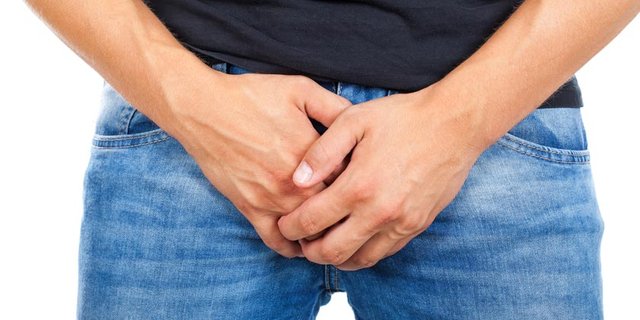This is what science says about masturbation✓ What are its benefits?
Hello community, today I want to share a topic of great interest, as is masturbation from the scientific point of view, since it can contribute to health, I hope it is to your liking.
Masturbation has been considered a taboo since 1504 by Pope Leo IX, which scientific studies demystify.
After the discovery and acceptance of the germ theory as a cause of diseases in the late nineteenth century, the American medical canons maintained until the mid-twentieth century that masturbation was both a pathological act and a cause of mental and physical diseases, according to the academic publication Masturbation, beyond myth and taboo. However, recent medical and scientific research goes against this.
The Cancer Epidemiology Center in Melbourne, Australia, concluded in a 2003 investigation that men who masturbate at least five times a week and are between 20 and 50 years old have a lower risk of developing prostate cancer.
According to another article, published in the academic journal Sexual and Relationship Therapy, masturbation in men improves their immune system and reduces the risk of infections. Since people who experience a greater number of orgasms have higher levels of immunoglobulin A (IgA), one of the main antibodies in the body, in the blood.
The dream after the sexual act. Masturbation is also considered a substitute for sleeping pills (pills used to combat insomnia).
In 2012, the neuroscientist Serge Stoleru of the National Institute of Health and Medical Research (Inserm) published an article explaining the reasons for sleep in men after sex.
Stoleru discovered that there are biological processes in the act that make men feel numb after the climax.
The neuroimaging scans showed that the area of the prefrontal cortex of the brain reduces its activity after the point of greatest intensity. This is the area associated with awareness, information processing and mental activity.
● Erectile dysfunction
A 2013 publication from the University of Florence, Italy, states that erectile dysfunction is an early indicator of silent, severe or advanced cardiovascular disease.
However, they point out that epidemiological studies only take into account erections related to sexual relations. "Although autoerotism is a very common practice, data on erections induced by masturbation are a possible predictor of major adverse cardiovascular events."
In the article they also comment that the first study that reported on the prevalence of masturbation was published in the middle of the last century. In that study, the proportion of individuals who masturbated "was almost universal," reached 92%.
They also cite a recent study, in which 626 black and Hispanic men from the United States participated, and who showed a higher prevalence of masturbation in men aged 25 to 29 years and a decrease in frequency in the older age groups.
"Known as the secret sin, it was officially condemned in 1054 by Pope Leo IX. During the following centuries, until the Victorian era, masturbation was considered an unnatural sex, a diabolical practice and the cause of two thirds of all diseases and disorders, including insanity, neurosis, neurasthenia, blindness and impotence, "say the authors of the article. But, they write that today it is seen as a form of safe sex.
✔Benefits according to experts:
▶ Help fight insomnia.
▶ Reduces risks of prostate cancer.
▶ Reduces dryness of vaginal tissue.
▶ Improves the immune system.
"Masturbation has many benefits for our health and our emotional state, do not let yourself be carried away by taboos and enjoy your sexuality".
Thanks for reading, until the next publication✎.




